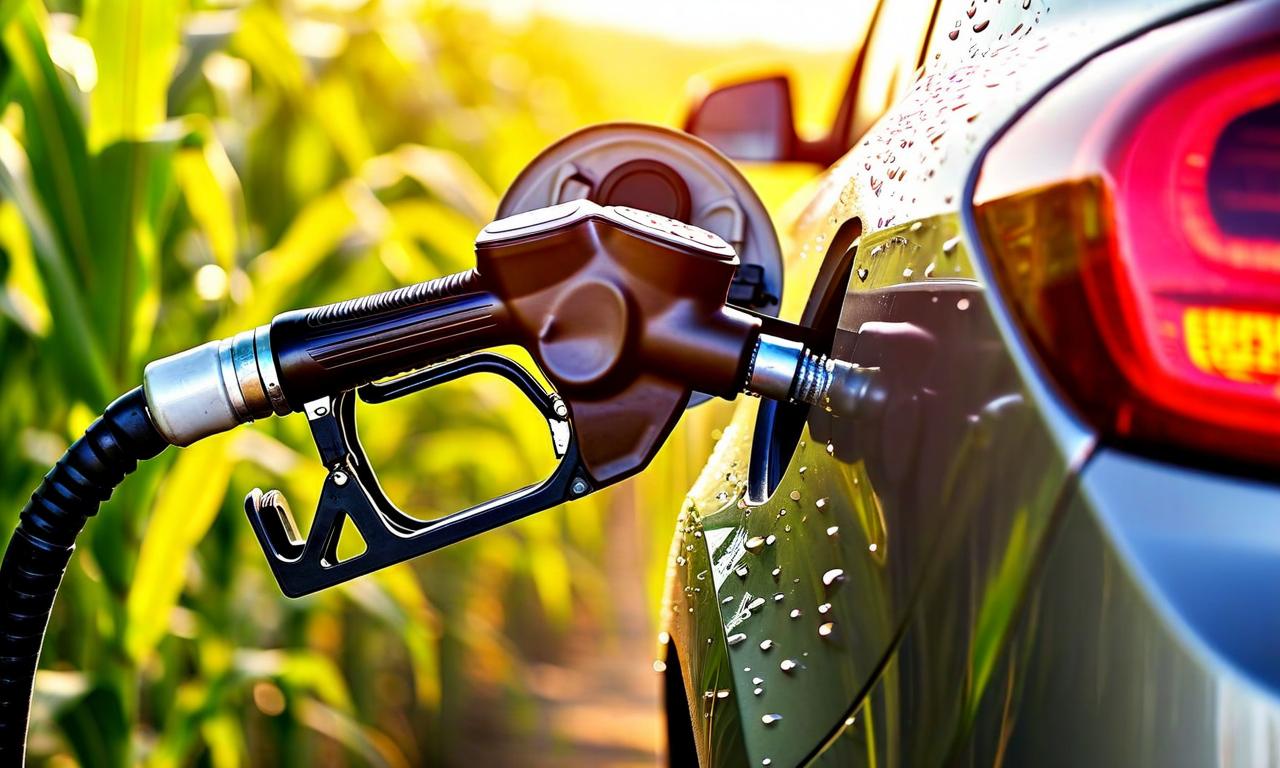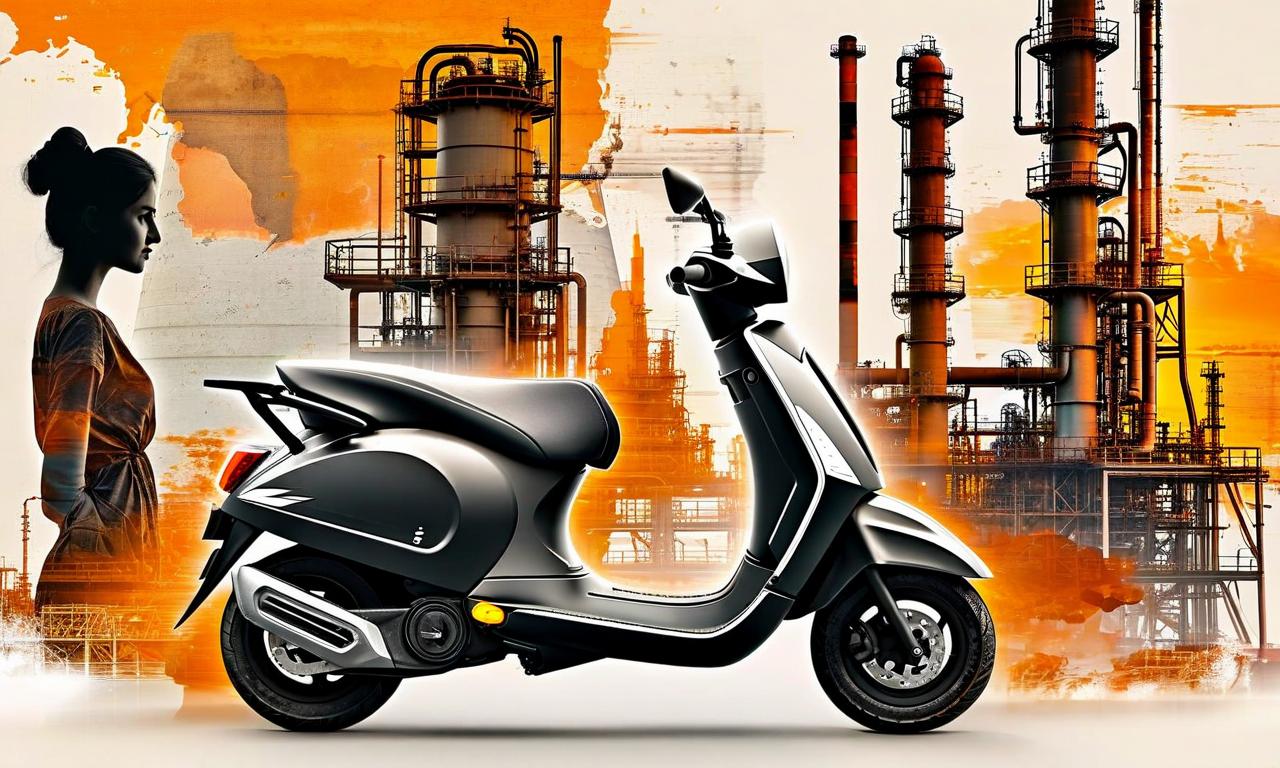E20 Ethanol-Blended Petrol: Balancing Efficiency and National Benefits
The automotive and petroleum industries in India report a 2-4% decrease in fuel efficiency with 20% ethanol-blended petrol (E20). SIAM refutes claims of larger efficiency drops and assures warranty coverage. ARAI studies show no adverse impact on vehicles. The E20 program is expected to provide significant economic benefits, including payments to farmers, crude oil substitution, forex savings, and reduced carbon emissions. Toyota highlights the program's contribution to economic growth and sustainability.

*this image is generated using AI for illustrative purposes only.
The automotive and petroleum industries in India are addressing concerns about the impact of 20% ethanol-blended petrol (E20) on fuel efficiency. Industry officials and the Automotive Research Association of India (ARAI) have reported that the usage of E20 leads to a modest 2-4% decline in fuel efficiency.
Industry Response to Efficiency Concerns
The Society of Indian Automobile Manufacturers (SIAM) has stepped forward to counter claims of significant mileage drops. SIAM Executive Director PK Banerjee refuted reports of 20-50% decreases in fuel efficiency, dismissing them as misinformation. In a move to reassure consumers, Banerjee stated that vehicle manufacturers would honor warranties without conditions for E20 usage.
ARAI Studies Support E20 Usage
ARAI Director Reji Mathai cited studies from 2016 and 2021 that found no adverse impact on vehicles using E20 fuel. These findings provide additional support for the implementation of the ethanol-blending program.
Economic and Environmental Benefits
The Federation of Indian Petroleum Industry highlighted several benefits of the E20 program:
- Payments to farmers: ₹40,000.00 crore expected for ethanol procurement in 2025
- Crude oil substitution: 245.00 LMT since 2014-15
- Forex savings: ₹1.44 lakh crore to date, with an additional ₹43,000.00 crore expected in 2025
- Environmental impact: Reduction of 763.00 LMT of carbon dioxide emissions
Industry Perspective
Toyota's Vikram Gulati emphasized the broader economic impact of the E20 program. He noted that the money previously spent on crude oil imports is now being directed to farmers, contributing to both economic growth and sustainability efforts in India.
Balancing Efficiency and National Goals
While the slight decrease in fuel efficiency may be a concern for some consumers, the auto and oil industries are emphasizing the larger picture. The E20 program appears to be a strategic move towards reducing dependency on crude oil imports, supporting the agricultural sector, and addressing environmental concerns.
As the debate continues, it's clear that the implementation of E20 ethanol-blended petrol is a complex issue involving trade-offs between individual vehicle performance and broader national economic and environmental goals.
























